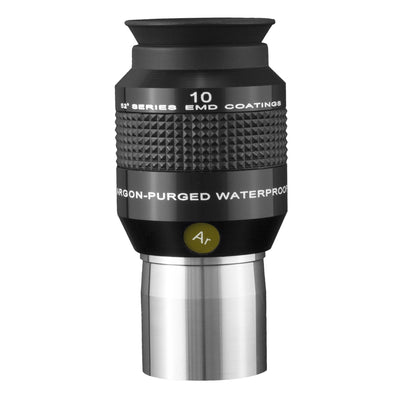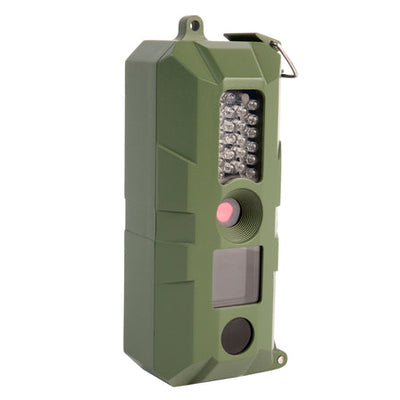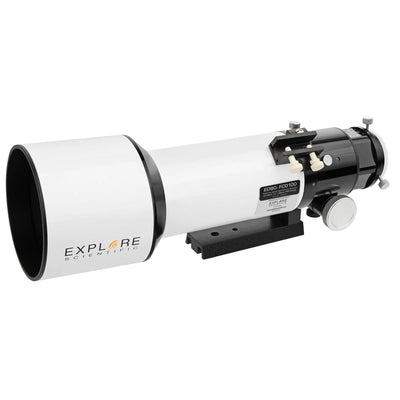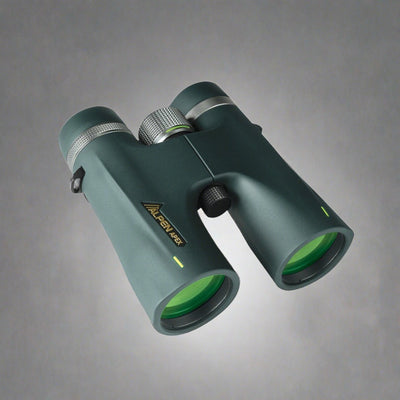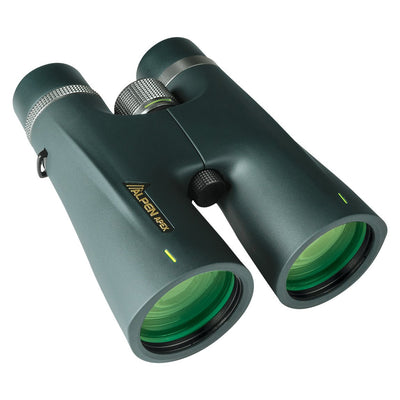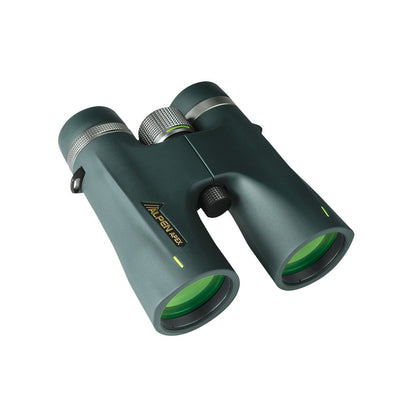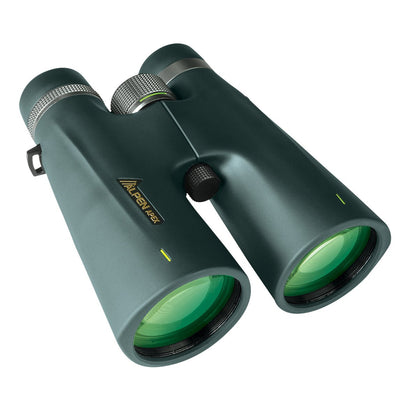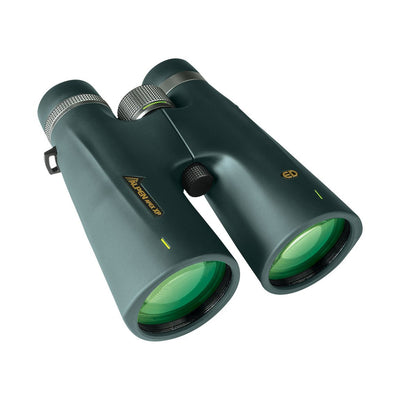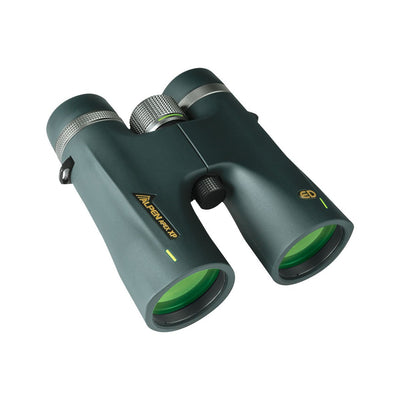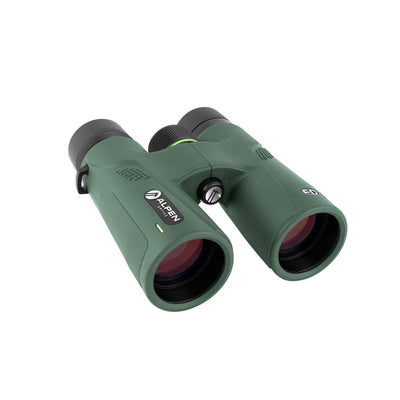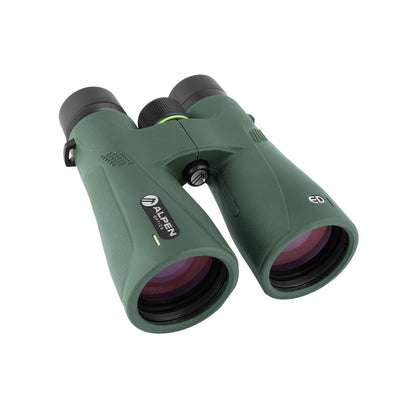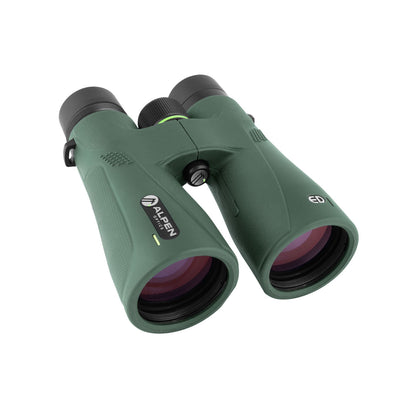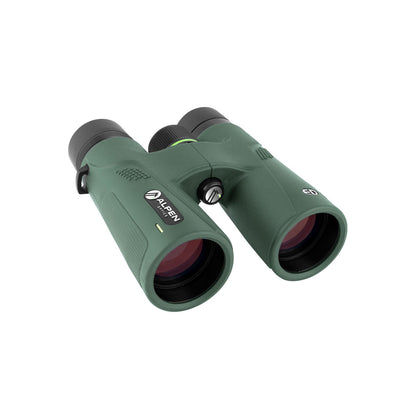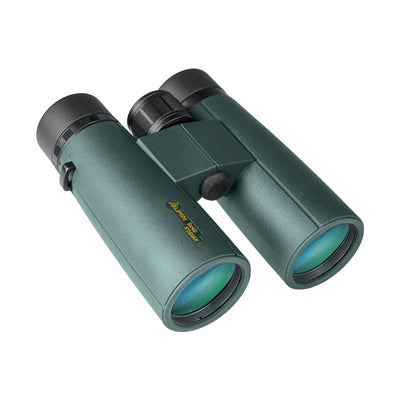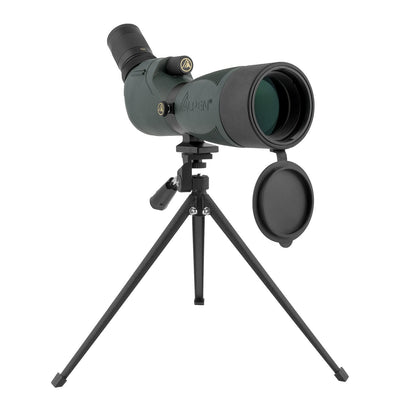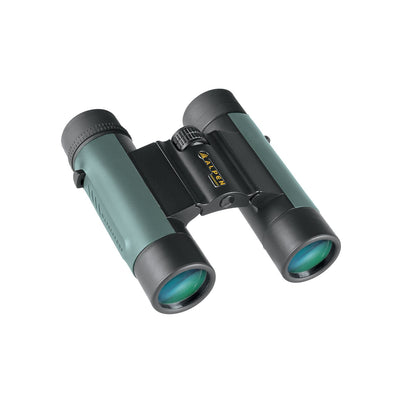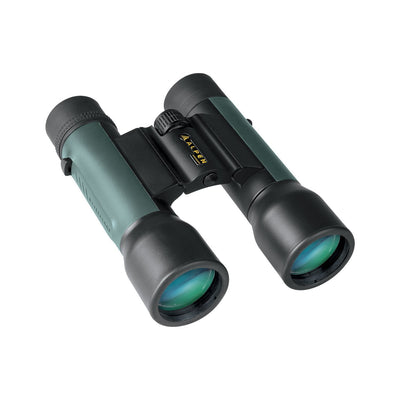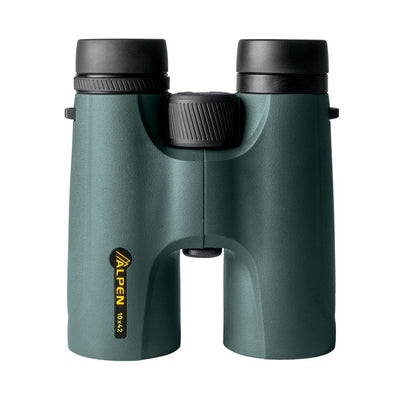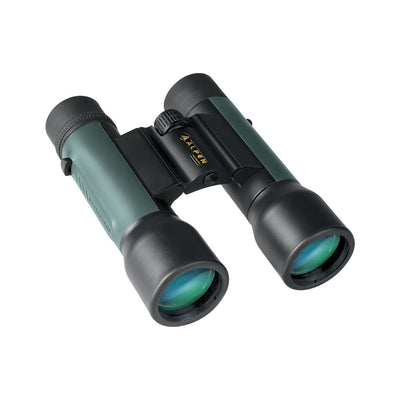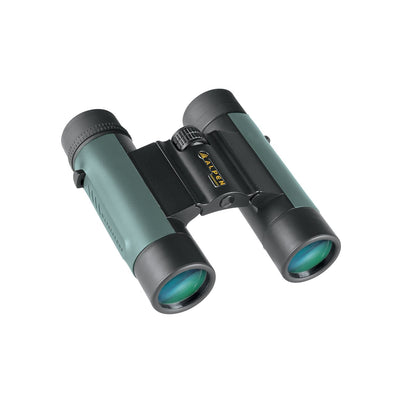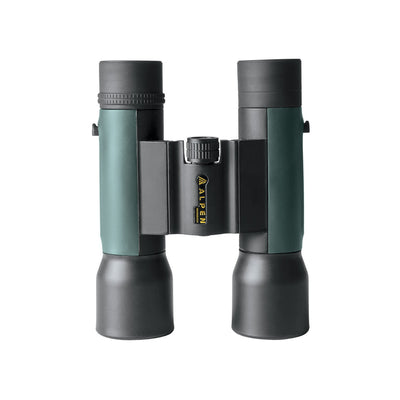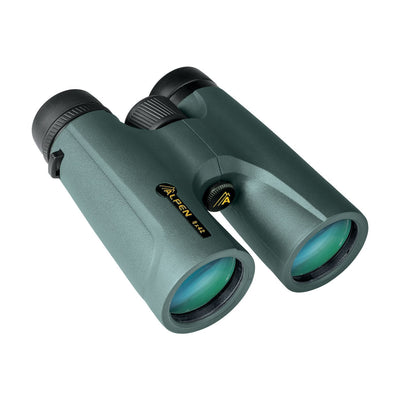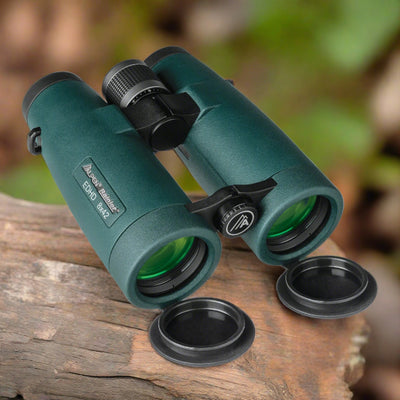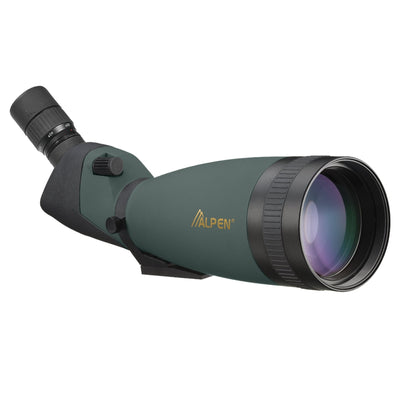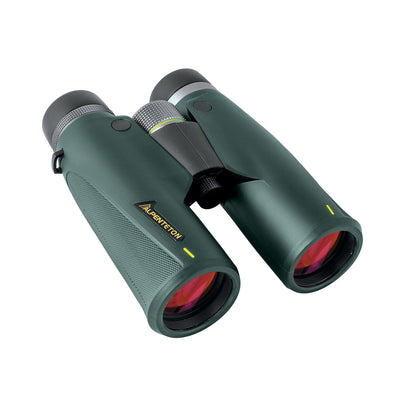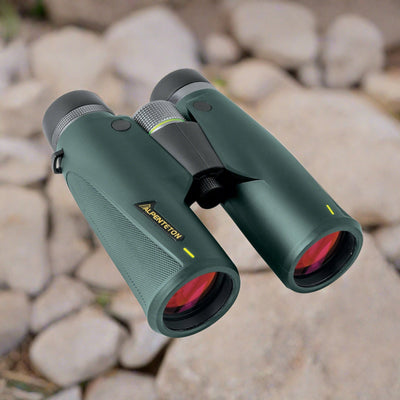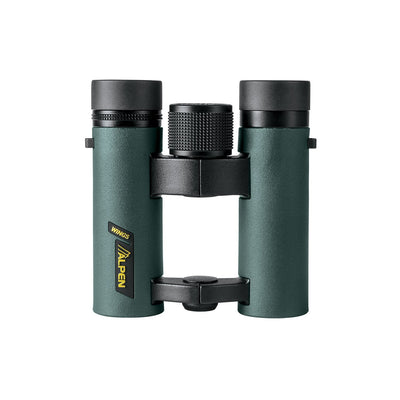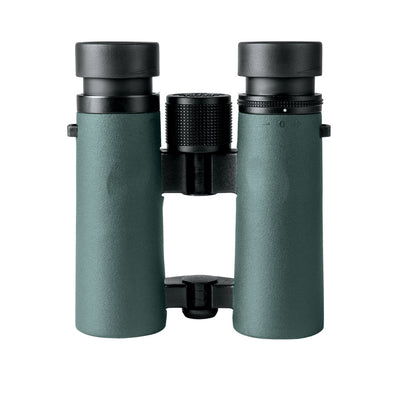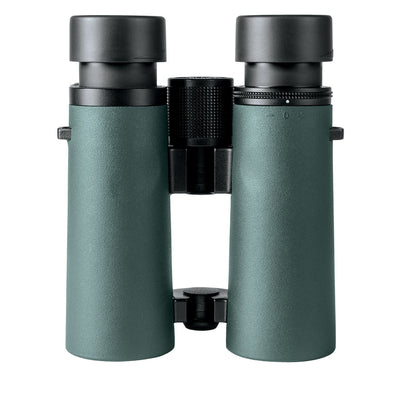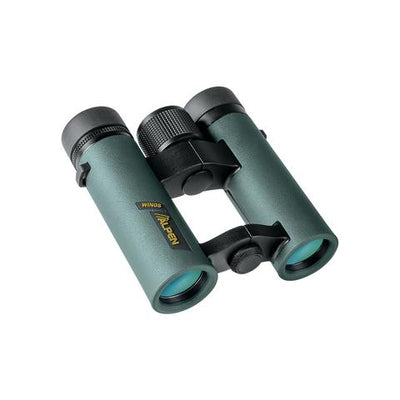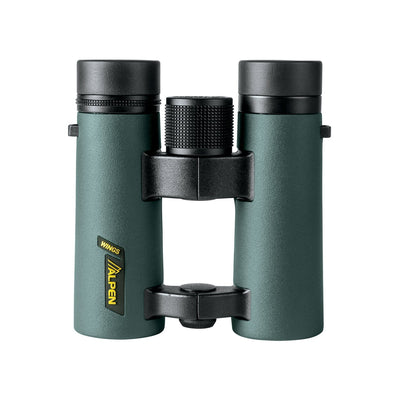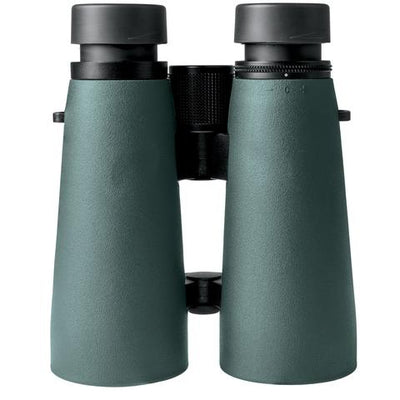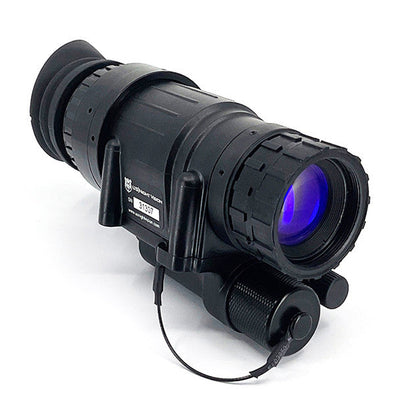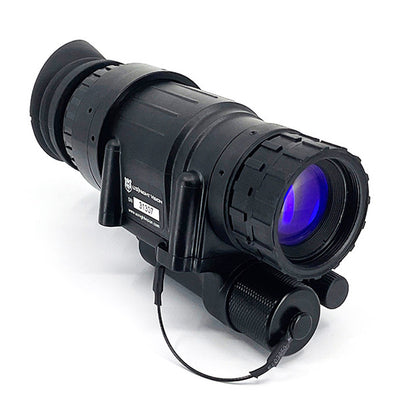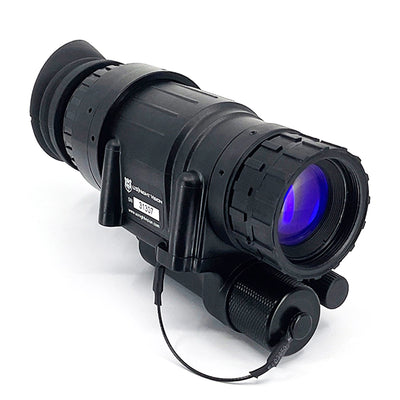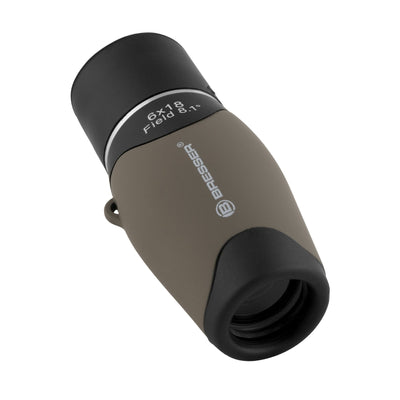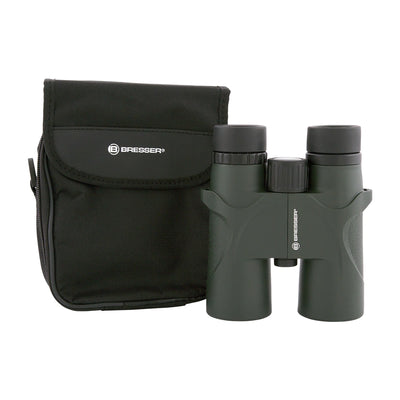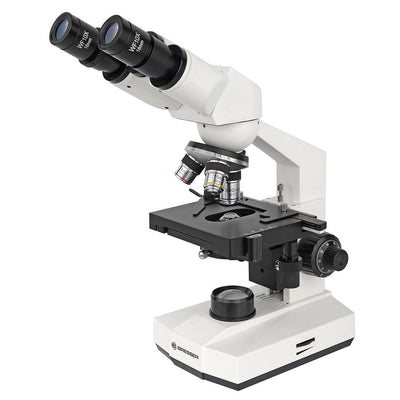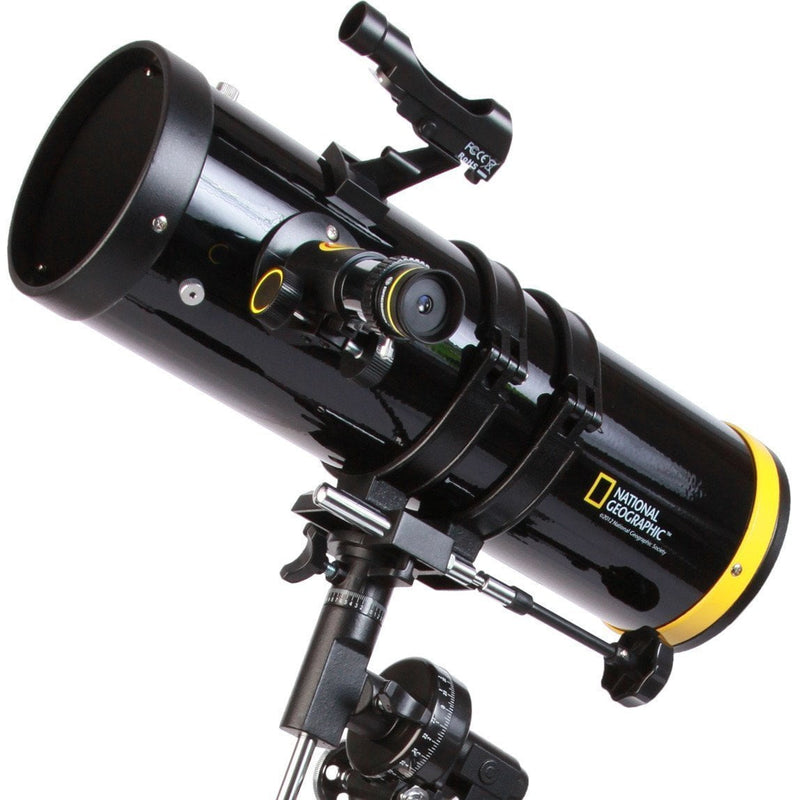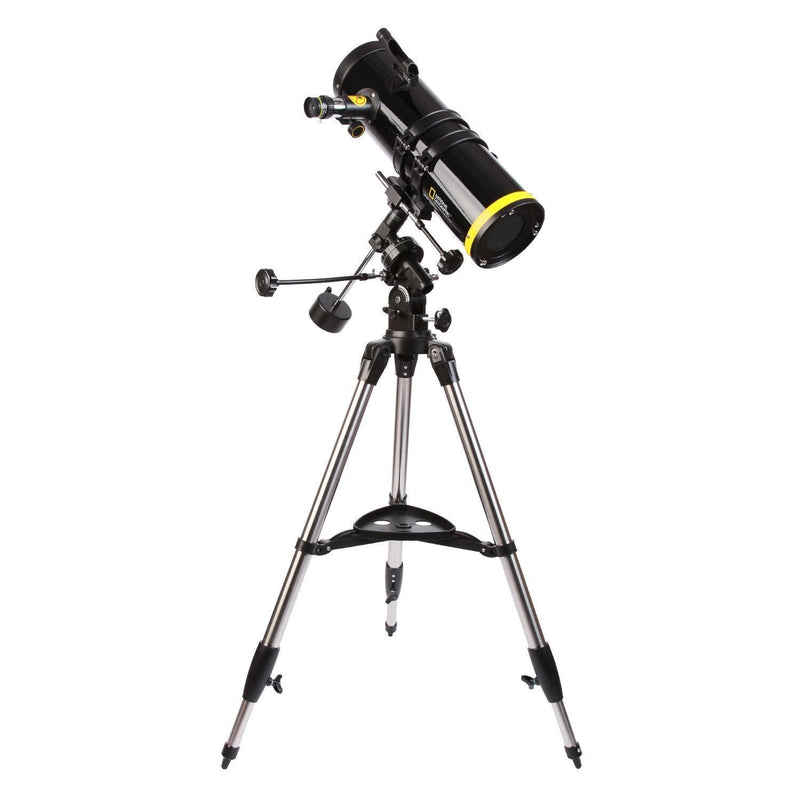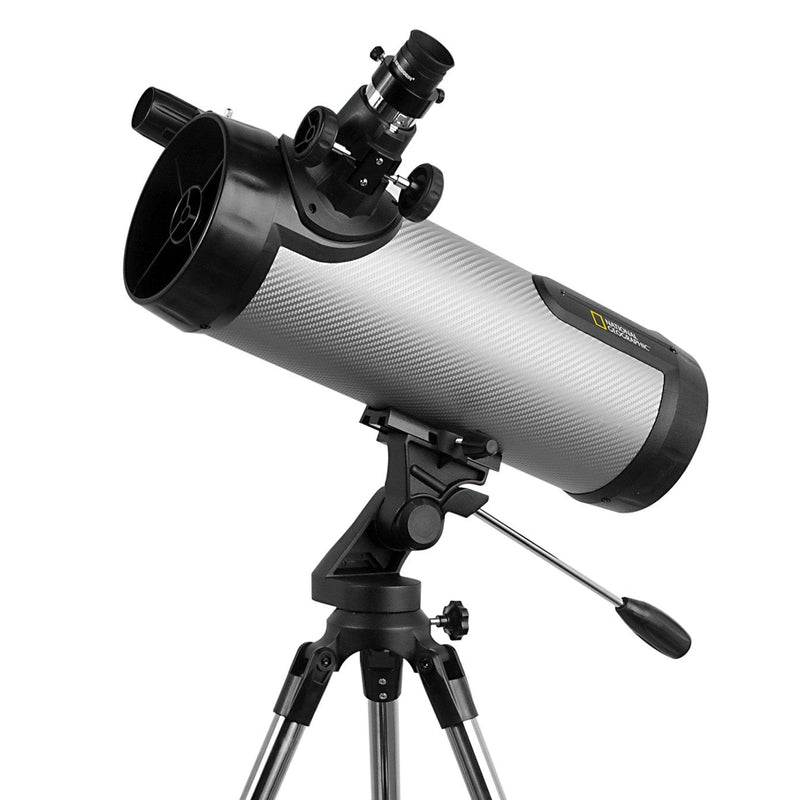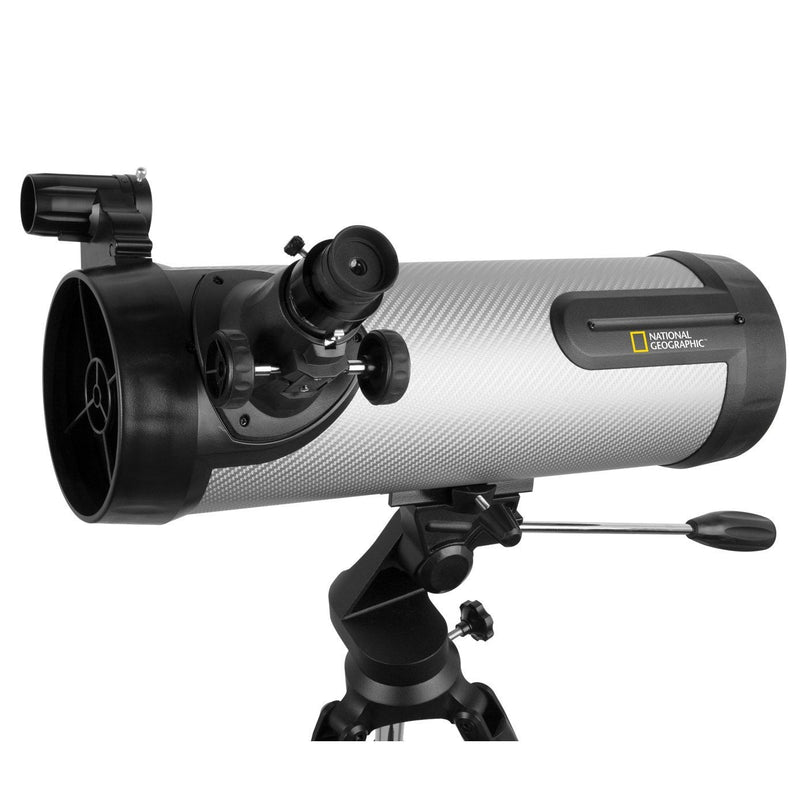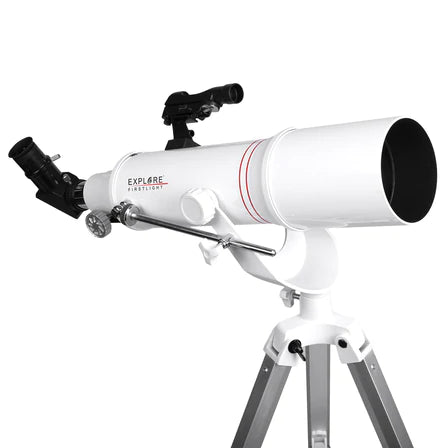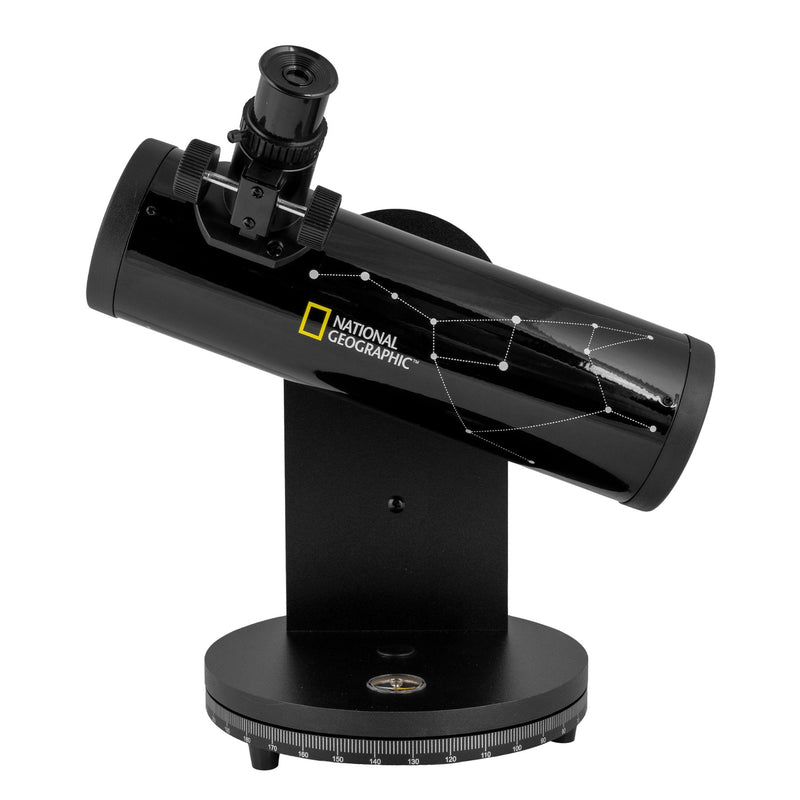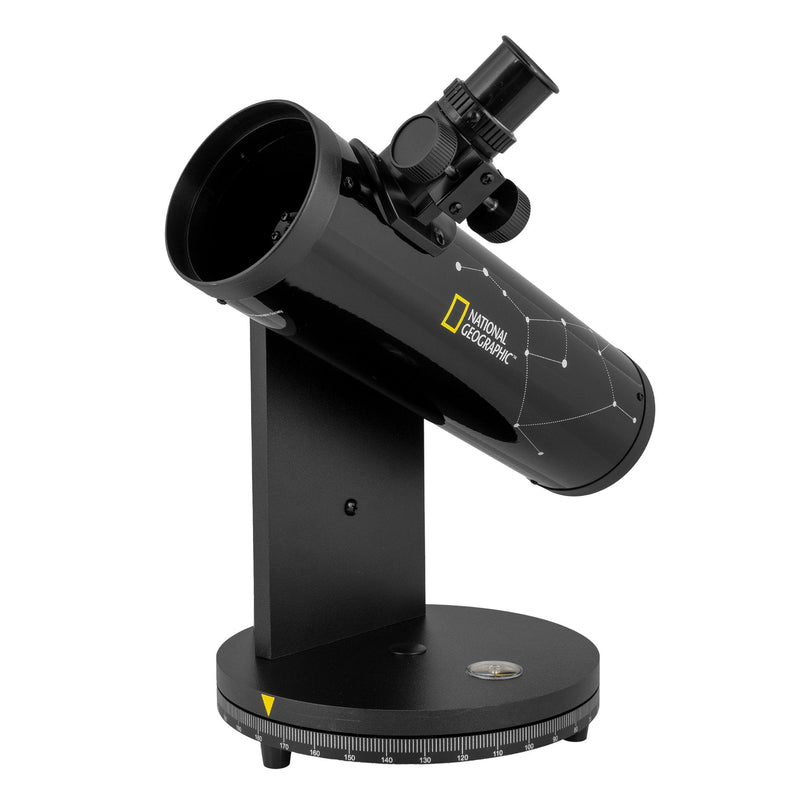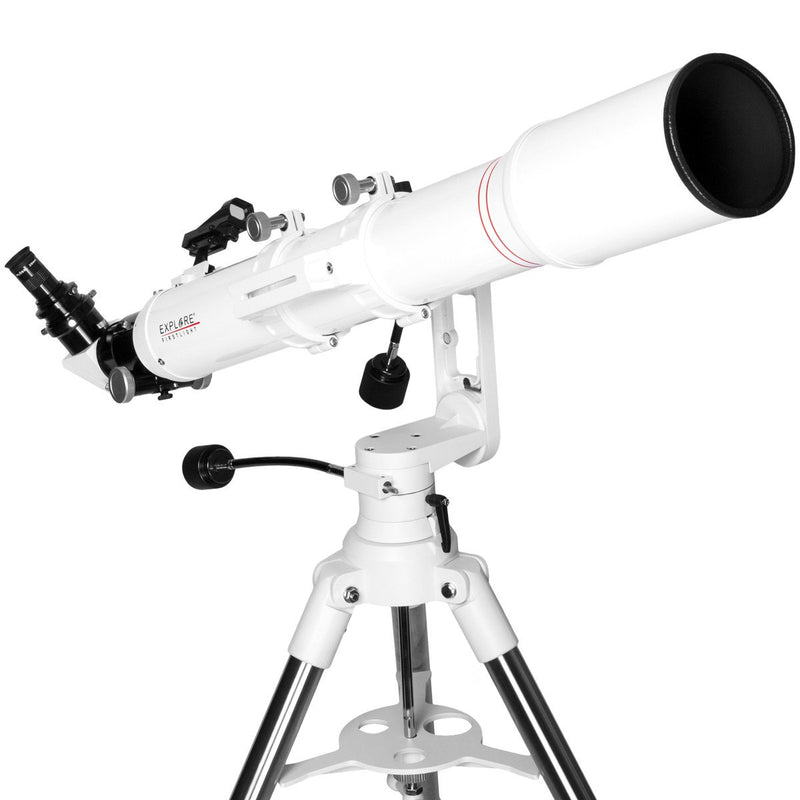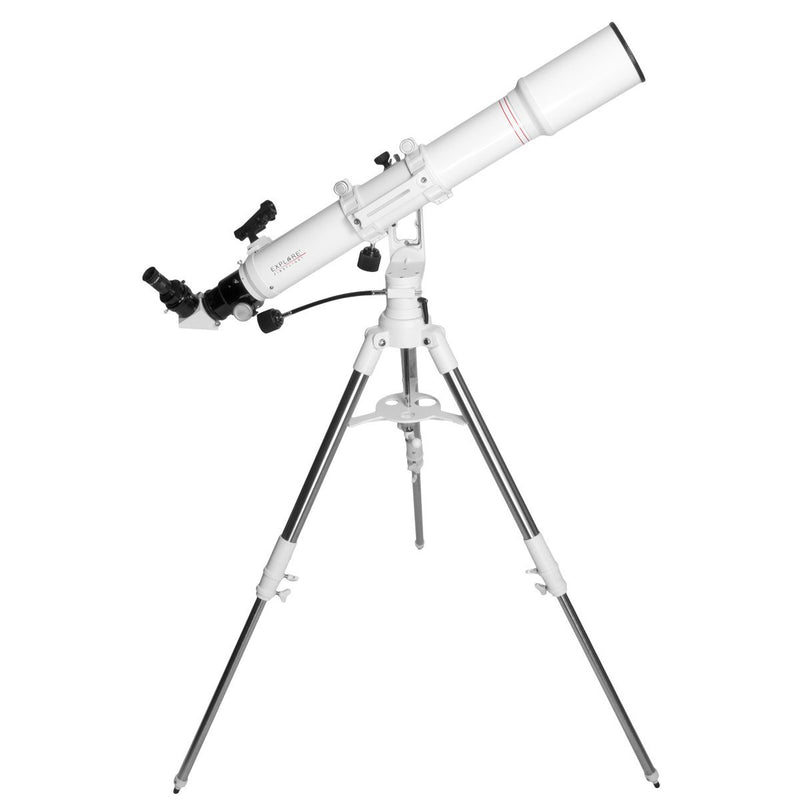Explore One 50mm CF600 Refractor Telescope-88-10050CF
By revealing celestial secrets like the intricate contours of the lunar terrain, the Explore One 50mm CF600 Refractor Telescope-88-10050CF can turn the ordinary into the extraordinary for budding junior astronomers!
Price 49.99 SKU 88-10050CF BARCODE 00812257017447 Explore One 50mm CF600 Refractor Telescope -88-10050CF Two 1.25-inch diameter interchangeable eyepieces give you magnifications of 23x and 62x.
Features and Benefits
- Easy and quick assembly.
- Two 1.25-inch diameter interchangeable eyepieces give you magnifications of 23x and 62x.
- Panhandle mount control allows you to smoothly move the telescope up, down and side to side.
- Full size tripod is fully adjustable and includes an accessory tray for holding extra eyepiece.
- Red dot finder to make aiming the telescope a snap.
- Downloadable make-it-yourself planisphere star map to determine which constellations are visible for any time of the year.
- Downloadable star map software to help find individual objects in each constellation.
Description
By revealing celestial secrets like the intricate contours of the lunar terrain, the Explore One 50mm CF600 Refractor Telescope - 88-10050CF can turn the ordinary into the extraordinary for budding junior astronomers. This ideal beginner’s scope is easy to use and includes a simple alt-azimuth mount and tripod that allow the user to smoothly move the scope up, down and side to side. It offers a 50mm aperture, a 600 mm focal length and two 1.25-inch O.D. eyepieces that allow for varied levels of magnification. It also comes with a red dot finder for easy object location.
How powerful is this telescope, and what can you really see with the CF600? This telescope has a true 50mm air-spaced doublet lens made from optical-glass elements with enough aperture and magnification to reveal the 800 million mile distant planet of Saturn with its beautiful rings. In fact this telescope can allow a visual observer under a dark sky the ability to detect celestial treasures that are far more distant, such as the intricate and amazing Orion Nebula at 1,344 light years away, or the Andromeda Galaxy that is 2.54 million light years away (for distance in miles simply multiply 5.88 trillion [the distance of 1 light year] by 2.54 million)... Of course, the moon will display hundreds of craters in razor sharp relief, but it's a mere 238,855 miles miles from Earth, hardly a test for these optics!






















